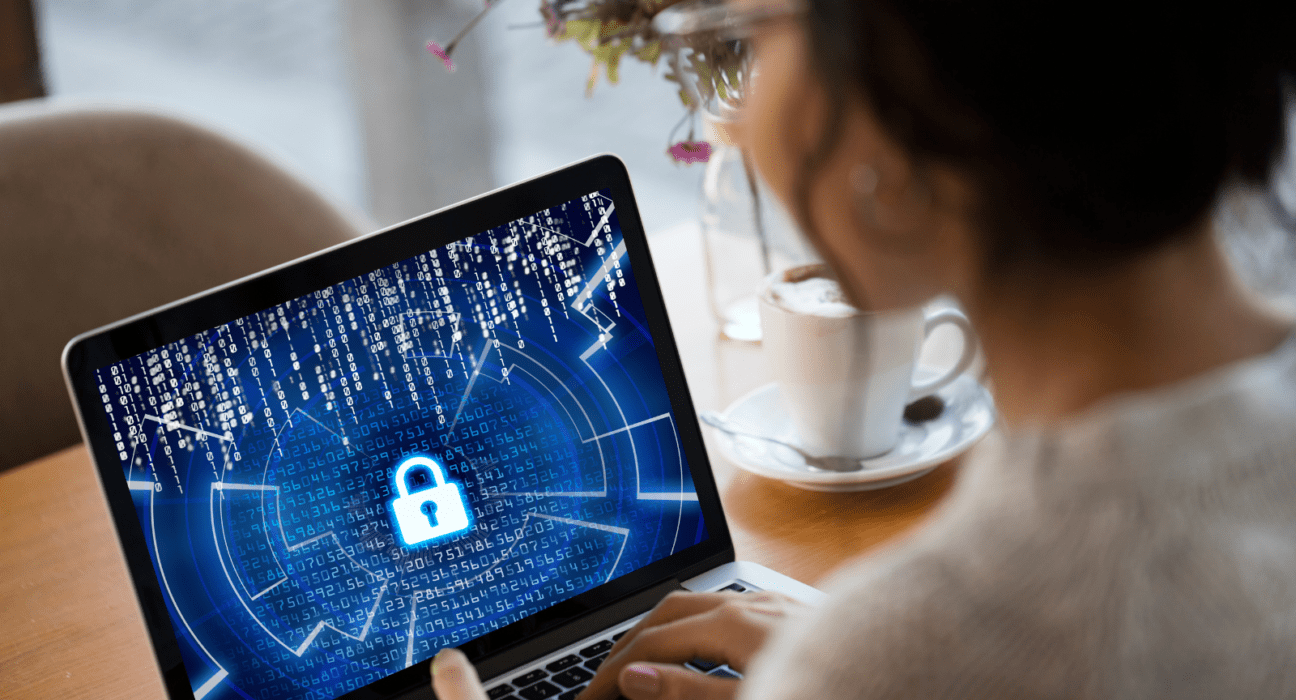In today’s interconnected world, where much of our personal and professional lives occur online, ensuring your cybersecurity is more crucial than ever. Recent incidents, such as the Microsoft downtime, serve as stark reminders that cyber threats are not just theoretical; they can disrupt operations and compromise sensitive information. Whether you’re an end user or a business owner, taking proactive steps to safeguard your online presence is essential. Here are ten essential tips that can help you enhance your cybersecurity practices and protect yourself from potential threats.
1. Use Strong, Unique Passwords
Creating strong, unique passwords is your first line of defense against unauthorized access to your accounts. A robust password should be at least 12 characters long and include a combination of uppercase and lowercase letters, numbers, and special characters. Avoid using easily guessed information, such as your name, birthdate, or common words. Using a password manager can streamline this process, allowing you to generate and store unique passwords for each of your accounts securely. This way, even if one password is compromised, your other accounts remain protected.
2. Enable Two-Factor Authentication (2FA)
Two-Factor Authentication adds an important extra layer of security by requiring two forms of verification before granting access to your account. In addition to your password, you may need to enter a code sent to your phone or generated by an authentication app. This method greatly reduces the risk of unauthorized access, as a potential hacker would need both your password and access to your second form of authentication to log in. Many services now offer 2FA as a standard feature, so be sure to enable it wherever possible.
3. Regularly Update Software
Cybercriminals often exploit vulnerabilities in outdated software to gain unauthorized access to systems. It’s crucial to make it a habit to regularly update your operating system, applications, and antivirus software. These updates frequently include patches for security vulnerabilities that hackers could target. Set your devices to update automatically when possible, so you don’t miss critical security patches. Additionally, uninstall any software you no longer use, as unused applications can present a potential security risk.
4. Be Cautious with Public Wi-Fi
While public Wi-Fi networks can be convenient for accessing the internet on the go, they often lack the security measures found in private networks. Avoid accessing sensitive information, such as online banking or personal emails, when connected to public Wi-Fi. If you must use public networks, consider employing a Virtual Private Network (VPN) to encrypt your internet connection, making it more difficult for hackers to intercept your data. A VPN creates a secure tunnel between your device and the internet, ensuring your online activities remain private.
5. Educate Yourself and Your Team
Knowledge is a powerful tool in the fight against cyber threats. Regularly educating yourself and your team about cybersecurity best practices can help everyone recognize potential threats, such as phishing emails and social engineering tactics. Consider conducting training sessions or workshops that focus on identifying and responding to cyber threats. Additionally, encourage open communication about any suspicious activity or potential security breaches, as early detection is key to minimizing damage.
6. Implement Strong Wi-Fi Security
Securing your home or business Wi-Fi network is essential to protecting your data. Start by changing the default login credentials for your router, as these are often easily guessed by hackers. Enable WPA3 encryption, which offers stronger protection than older protocols. Additionally, regularly update your Wi-Fi password to ensure continued security. Consider hiding your network’s SSID (the name of your Wi-Fi network) and limit access to only trusted devices to further enhance your security.
7. Backup Your Data
Regularly backing up your data is a crucial step in protecting yourself against data loss, whether due to cyber attacks, hardware failure, or accidental deletion. Use external hard drives or cloud services for backups, ensuring that your important files are stored securely and can be easily recovered in the event of an emergency. Set up automatic backups to streamline the process and reduce the risk of forgetting to back up important data.
8. Monitor Accounts Regularly
Staying vigilant about your financial accounts can help you catch unauthorized transactions early. Regularly check your bank and credit card statements for unusual activity, and report any suspicious transactions immediately. Many banks offer alerts for unusual account activity, so consider setting these up to be notified in real-time. The sooner you detect a potential issue, the easier it will be to address it and mitigate any damage.
9. Use Secure Payment Methods
When shopping online, opt for secure payment methods that offer fraud protection. Credit cards are often a safer choice compared to debit cards, as they typically have better consumer protections. Additionally, consider using payment services like PayPal, which add an extra layer of security between you and the merchant. Always look for “HTTPS” in the URL when entering payment information, indicating that the site is using a secure connection.
10. Stay Informed About Cyber Threats
The landscape of cybersecurity is constantly evolving, with new threats emerging regularly. To protect yourself effectively, it’s essential to stay informed about the latest cyber threats and security trends. Follow reputable cybersecurity blogs, news sources, and industry reports to stay updated. Understanding current threats can help you proactively adjust your security practices and better protect your personal and business data.
For more detailed information on specific topics like password management or the benefits of two-factor authentication, be sure to explore our articles on Zone of Genius.
In conclusion, cybersecurity is not a one-time effort but an ongoing process that requires vigilance and proactive measures. By implementing these ten essential tips, you can significantly improve your online safety and protect your personal and business information from potential threats. Taking these steps now can help safeguard your digital life for the future.
Related contents:












